Serbia, a landlocked country in the heart of the Balkans, is increasingly recognized as a strategic gateway for international companies seeking access to diverse markets, including the European Union (EU). With its advantageous geographical position, a growing economy, and a network of Free Trade Agreements (FTAs), Serbia is emerging as a key player in facilitating global business operations. Elevatepr.digital explores Serbia’s growing role as a bridge to the EU and other significant markets for international businesses.
1. Geographical Advantage for Accessing EU and Regional Markets
Serbia’s central location in Southeast Europe offers businesses a strategic base for accessing not only the EU market but also the markets of Eastern Europe, the Balkans, and Asia. This geographic advantage is particularly beneficial for logistics, manufacturing, and distribution companies looking for an efficient entry point into multiple markets.
2. Free Trade Agreements Expand Market Reach
Serbia’s extensive network of FTAs is a major draw for international companies. These agreements include a Free Trade Agreement with the EU, which allows most goods produced in Serbia to be exported to EU countries without customs duties. Additionally, Serbia has FTAs with countries like Russia, Turkey, and members of the European Free Trade Association (EFTA), offering businesses a unique access point to a diverse range of markets.
3. EU Accession Process Enhancing Business Environmen
As Serbia progresses in its EU accession process, it is aligning its laws and regulations with EU standards. This alignment is making the business environment more predictable and stable, thereby increasing Serbia’s attractiveness as an investment destination. For international companies, this means reduced operational risks and a business-friendly climate.
4. Competitive Business Incentives
Serbia offers a range of incentives to attract foreign investment. These include tax breaks, financial grants, and support for employment and training. The country also boasts relatively low labor and operational costs, making it an economically attractive option for international businesses.
5. Developing Infrastructure for Enhanced Connectivity
Serbia is investing in its infrastructure to enhance connectivity and efficiency. This includes upgrades to its road and rail networks, improvements in logistics facilities, and expansion of digital infrastructure. Such developments are crucial for companies that require robust supply chain and logistics solutions.
6. Skilled and Multilingual Workforce
The Serbian workforce is known for its high level of education, skills, and multilingualism, with many fluent in English and other major European languages. This is a significant asset for international businesses that require a capable workforce to manage diverse and complex operations.
7. Focus on Innovation and Technology
Serbia is increasingly focusing on innovation and technology-driven sectors. The country is home to a growing tech industry and offers opportunities for research and development activities. This environment is conducive for companies in the technology sector and those looking to incorporate innovative solutions into their operations.
Serbia as a Business Hub
Serbia’s strategic location, access to diverse markets through FTAs, and an increasingly business-friendly environment position it as an attractive destination for international companies. The country’s continued efforts to integrate with the EU and improve its business infrastructure only enhance its appeal. For companies looking to penetrate the EU and other regional markets, Serbia offers a compelling mix of advantages, making it a strategic gateway for global business expansion.
